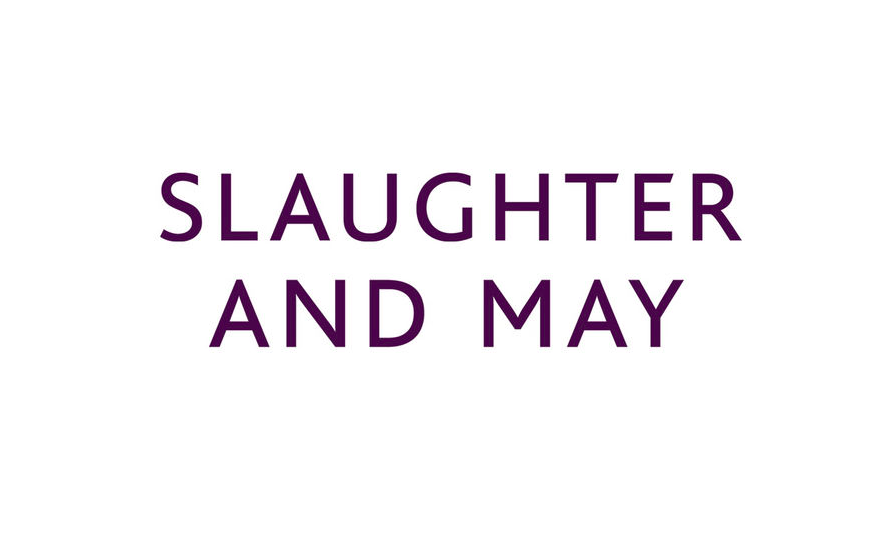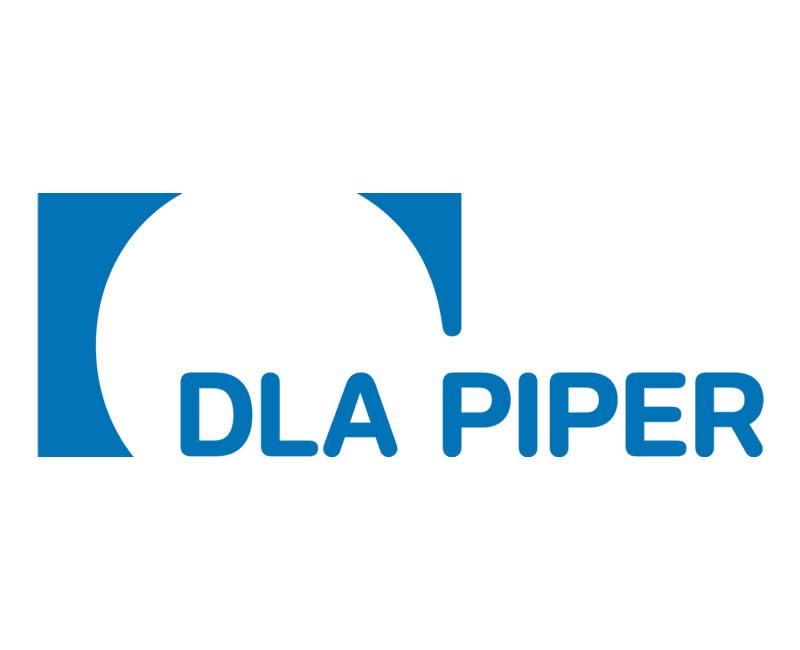For decades, English insolvency law has been centred around benefitting creditors, not debtors. This is in contrast with the US 1978 Bankruptcy Code, Chapter 11, where it is the business that is meant to be saved and maintained as a going concern, even if creditors were to receive less of the available proceeds [1]. However, with the introduction of the Corporate Insolvency and Governance Act 2020 (hereinafter CIGA), the UK seems to be shifting to a more debtor-friendly approach. While the changes are welcome in light of the ongoing COVID-19 pandemic- with numerous businesses distressed- there are limitations to CIGA.
Similarly to Chapter 11 in the US, CIGA has introduced the ‘debtor in possession’ procedure [2]. In practice, this means that a company’s directors can apply for a moratorium which prevents the creditors from securing their debts - giving directors a breathing space and time (20 days with possible extensions) to come up with a plan to rescue their business [3]. Being a key feature of CIGA’s moratorium, this indicates a more debtor-friendly approach. Prior to CIGA, businesses could only get a moratorium through a ‘company voluntary arrangement’ which required the majority of secured creditors to authorise the process [4]. This type of moratorium, however, is not a restructuring tool per se but merely a way of dialogue with creditors to pay off debts. With a fifth of smaller businesses struggling to survive in the UK [5] and 135,000 companies near corporate failure in London alone this year [6], CIGA’s Royal Assent seems to have been perfectly timed.
The Act is, however, not without limitations, at least for some types of businesses. CIGA has introduced a new schedule, A1, in the Insolvency Act 1986 which prohibits some companies from applying for a new type of moratorium. These include, inter alia, banks. While it is extremely rare for banks to default, a moratorium allowance would nevertheless be helpful for them. The COVID-19 pandemic has made it difficult for banks to make a profit mainly due to the significantly lowered Bank of England interest rate (a mere 0.1%) [7]. Allowing banks to obtain a moratorium to restructure their operations would have been a welcome part of CIGA.
Nevertheless, the new Act certainly provides an additional tool to rescue businesses which will arguably save many jobs and positively impact the UK’s already pressured economy. Is CIGA the beginning of a true debtor-friendly legislative trend? Perhaps the next few years will provide an answer to this question.
Julian R Franks and Walter N Torous, ‘Lessons from a comparison of US and UK insolvency law’ [1992] Oxford Review of Economic Policy 70.
Alison Goldthorp and others, ‘The UK Corporate Insolvency and Governance Act 2020: A move to a more debtor-friendly restructuring regime?’ (Norton Rose Fulbright, July 2020) <https://www.nortonrosefulbright.com/en/knowledge/publications/5ac21a15/the-uk-corporate-insolvency-and-governance-act-2020> accessed 16 September 2020.
Corporate Insolvency and Governance Act 2020, s 1.
Vanessa Finch and David Milman, Corporate Insolvency Law (3rd edn, Cambridge University Press 2017) 21.
Andy Verity, ‘Coronavirus: A fifth of smaller UK firms “will run out of cash”’ (BBC, 1 April 2020) <https://www.bbc.com/news/business-52114414> accessed 16th September 2020.
Mark Halstead, ‘Number of Struggling London Companies Rises Above 135,000’ <https://www.redflagalert.com/articles/risk/number-of-struggling-london-companies-rises-above-135000> accessed 16th September 2020.
Bank of England, ‘Interest rates and Bank Rate’ (2020)<https://www.bankofengland.co.uk/monetary-policy/the-interest-rate-bank-rate > accessed 16th September 2020.
















